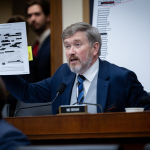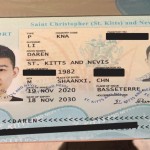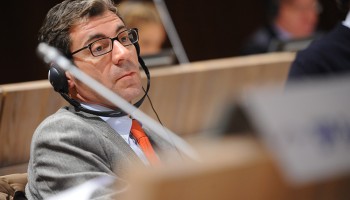“As to the corruptive activities in favour of Azerbaijan, the Investigation Body established that there was a strong suspicion that certain current and former members of PACE had engaged in activity of a corruptive nature,” the report says.
PACE launched the investigation in April 2017 after several NGO reports claimed Azerbaijan tried to silence criticism by PACE in exchange for gifts and money, which became known as “caviar diplomacy.”
The Berlin-based think tank, the European Stability Initiative, ESI, said in 2016 that politicians were given “luxury electronic goods, watches and jewellery, paid holidays, prostitutes and also large sums of money given in cash.”
The independent report, however, concluded that there was no substantial evidence to suggest that these gifts constituted bribes and that only two Azerbaijani officials and former Italian MP, Luca Volonte, had breached the body’s Code of Conduct and were directly involved in facilitating corruption within PACE.
Among others, the Council of Europe cited the Organized Crime and Corruption Reporting Project (OCCRP) investigation, the Azerbaijani Laundromat.
In September 2017, the OCCRP and its partners revealed a multi-billion dollar money laundering and corruption scheme and detailed how the Azerbaijani government used a slush fund to bribe European politicians, including members of the European Parliament and the Parliamentary Assembly (PACE), in addition to laundering money through major European financial institutions and U.K.-based shell companies.
The OCCRP report found European MPs, PACE members, UNESCO officials’ family members, Slovenian politicians, and media figures all received money via the Azerbaijani laundromat.
The EC investigation confirmed that illicit lobbying by the country and “ongoing conflicts of interest” regarding European officials involved in a number of election observation missions in Azerbaijan had occurred.






